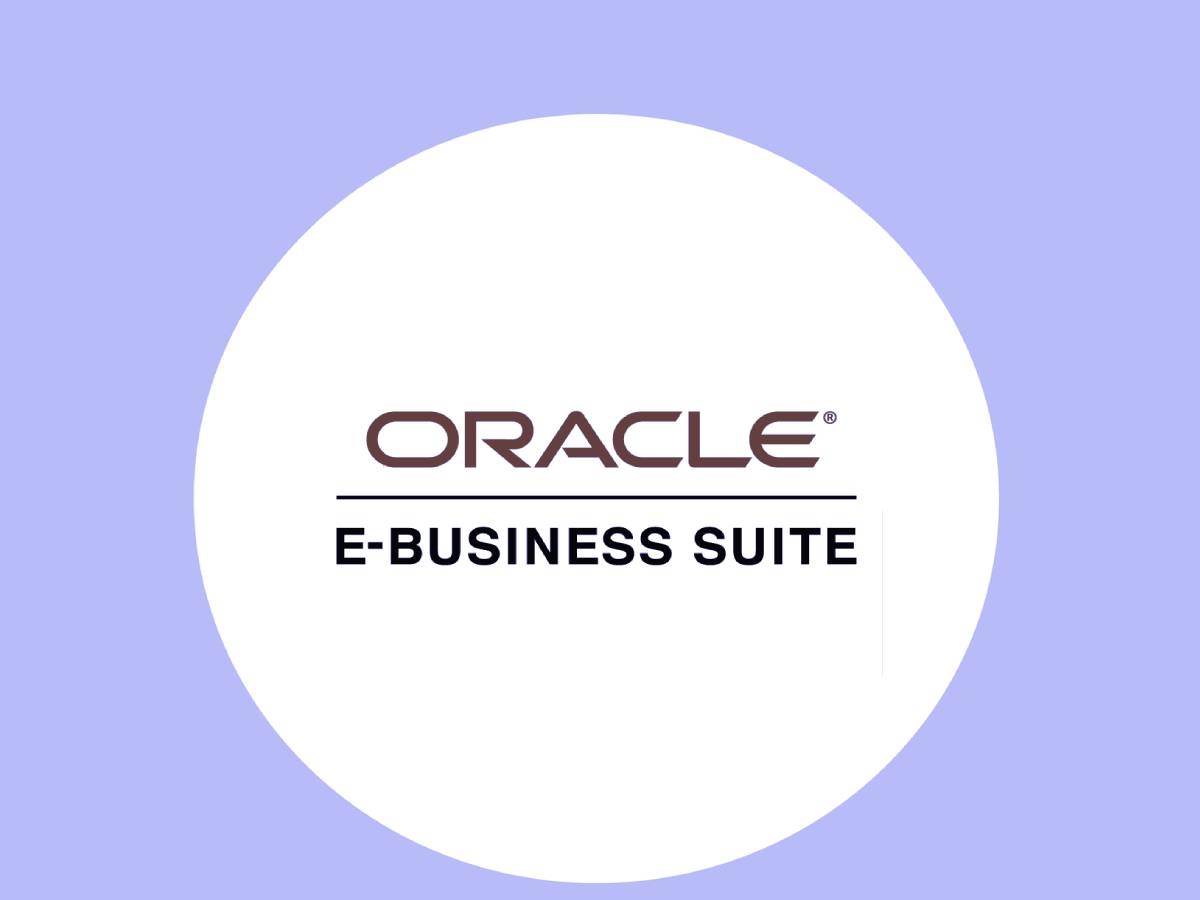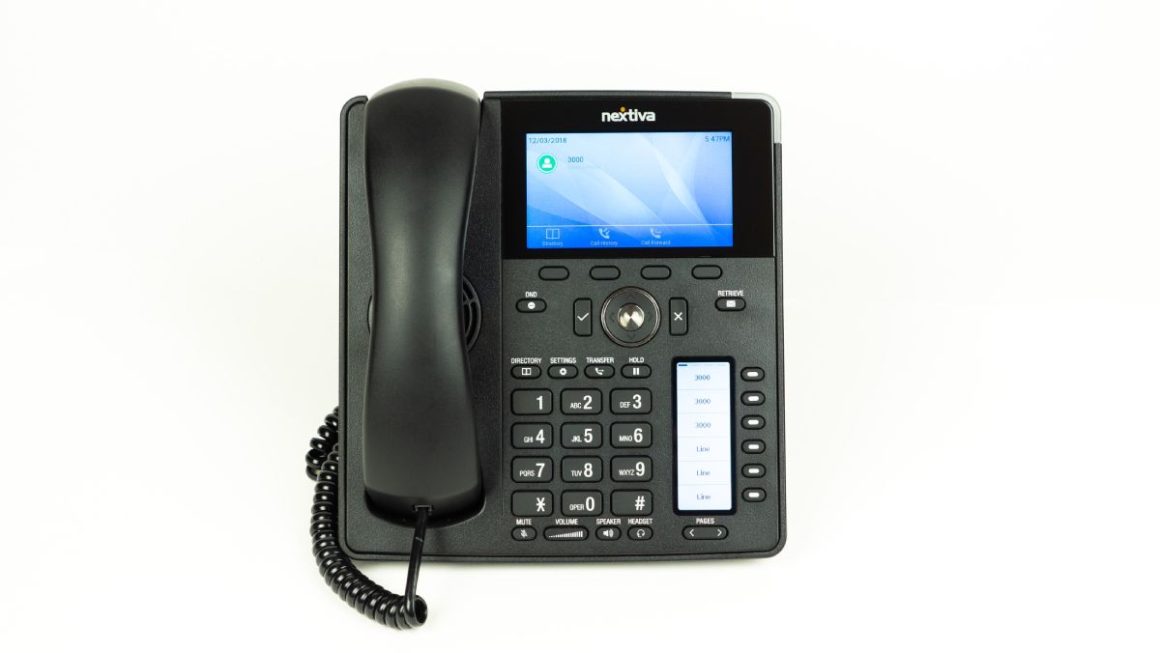As the mainstream support for Oracle EBS 12.1 has ended in December, 2021, enterprises still using it are left with three options.
- Move to “Sustaining Support” that doesn’t cover critical updates, fixes, and security updates.
- Embrace market driven support offered through Oracle’s Advanced Customer Service to cover years 2022 and 2023.
- Upgrade to Oracle EBS 12.2 to get premier support till 2032.
- Upgrade to Oracle Cloud
Upgrade to Oracle Cloud is the best option for innovative enterprises as Oracle will not only take care of the maintenance and system upgrades but also rolls out continuous updates and functionality that will help them efficiently and effectively manage their business. Although migration to Oracle Cloud offers numerous benefits like scalability, business continuity, security, & low total cost of ownership, however, it is considered as the devil is in the details. Oracle has been saying that most on-premises Oracle E-Business Suite deployments can be migrated to Oracle Cloud without needing significant change in configuration, integration, or business processes. However, to ensure that application breakdown will never occur post migration, you data is secure, and your apps serve your purpose, you need to include pre-migration, in-migration, and post-migration testing scenarios.
Given below are the important types of testing that need to be executed while migrating Oracle EBS to Oracle Cloud.
Regression Testing: This is the most critical testing type in which production-like environment on the cloud is used to test applications. Regression testing validates whether your Oracle Cloud Apps are at par in performance to on-premise. Since complete regression testing involves lot of timing, especially when executed manually, it is recommended that enterprises should Oracle test automation framework that accurately offers the exact scope of regression testing during EBS to Oracle Cloud migration. This will help you achieve adequate coverage based upon your mission critical business processes.
Load Testing: It is a type of performance testing performed under a specific expected load. This type of testing is executed to determine how application will behave when accessed by multiple users simultaneously.This type of testing ensures that applications are functioning smoothly and stable when test under load. In case of EBS to Oracle Cloud migration, apps are subjected to load testing to monitor their performance. This type of testing is critical to determine performance especially when the apps are under the most stress, i.e. during a month-end financial close for ERP applications. Major benefits of load testing are
- Reduced risk of downtime
- Service availability assurance post-migration
- Overall peace of mind towards business continuity
Compatibility Testing: Any enterprise application is of no use if it doesn’t interact seamlessly with other third-party applications in the sandbox. Compatibility testing ensures that your EBS apps are seamlessly interacting or send and receive data with other critical systems in your environment.In case of EBS, you need to check compatibility across
- custom or third-party enterprise apps
- Browser
- Network
- Devices
- Java, Oracle Application Server, RAC
Functional Validation Testing:Once you complete your Oracle Cloud migration, you need to execute functional validation testing. With this, you can confirm the production readiness of your Oracle EBS apps.Comprehensively, functional validation testing comprises unit testing, sanity and smoke testing, integration, regression, and usability testing. Your testing should ensure that
- Your applications are performing as intended
- Your critical integrations are working.
- Your customizations are performing as intended.
- UI is user friendly
Final Thoughts
The importance of testing cannot be undermined during EBS to Oracle Cloud migration. If you need to avoid bumpy migration journey, then you need to bring in test focused Oracle Cloud migration strategy. A robust testing strategy will not only avoid application failure post migration but also helps in keeping a check on migration timelines and budget.
Also Read: What Type Of Mobile Application To Develop And Why?




